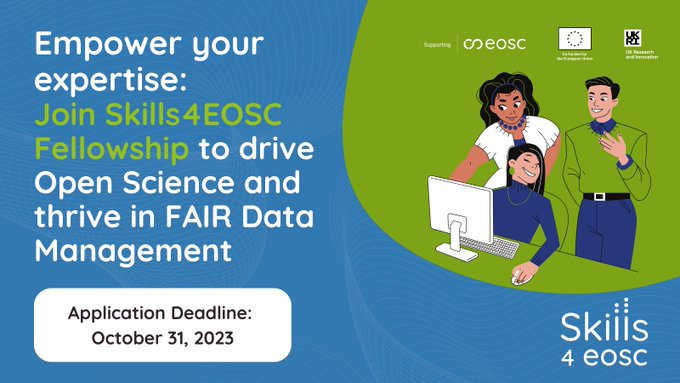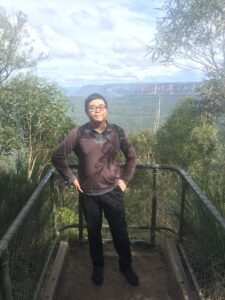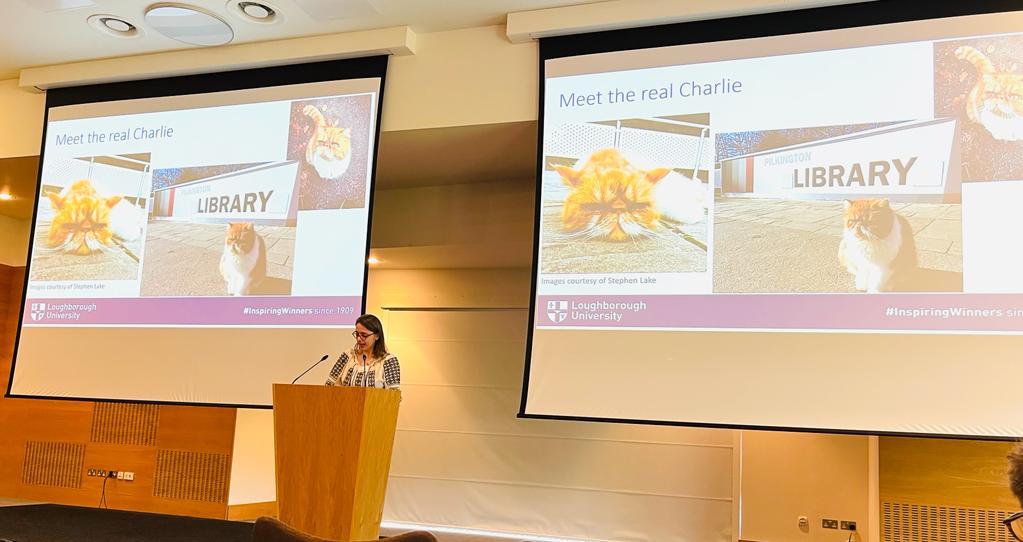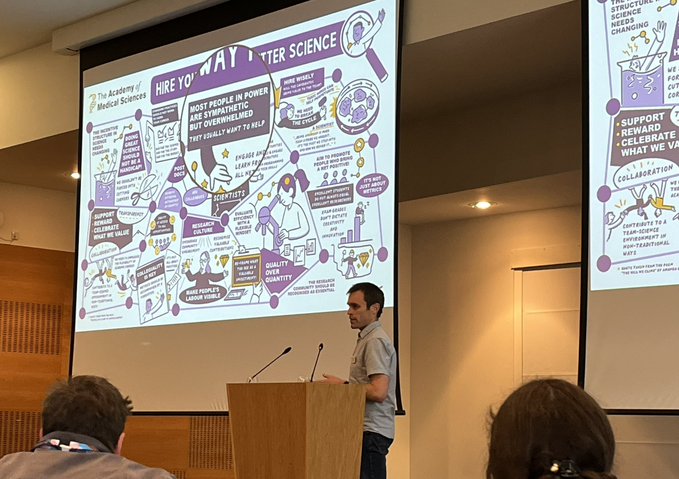Awesome news! The Research Data Service has a fantastic new addition to its Open Research toolbox! Fresh from the Centre for Open Science (COS) comes our institutional membership to Open Science Framework (http://osf.io): a powerful tool for supporting staff and students at the University of Edinburgh.
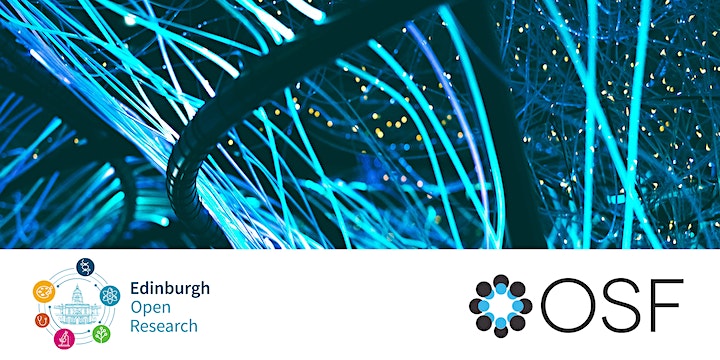
OSF is a free, open platform that provides full integration and sharing across the entire data lifecycle. Among many other things, it streamlines workflows with customisable project organisation and automated version control. It also enhances collaborative research, making it easy to find and connect with other UoE users and their research projects. But wait, there’s more! OSF enables easy management of private and public aspects of a project, so sharing with project teams as well as the wider research community couldn’t be simpler; it’s ideal for sharing preprints and preregistered reports. Best of all, with centralised storage for documents, data, and code, it eliminates the need to scramble around hunting for that one file you need right now: no more trawling through email chains to recover lost data!
To launch the new platform we’ve been running Free Lunch Lunchtime sessions, with Free Lunch in the Main Library. The Centre for Research Collections were kind enough to let us use their rooms on the 6th floor, so obviously, all our attendees used the stairs and worked up a proper appetite for their Free Lunch.
The first event was held on August 30th to a packed house, or room. After the Free Lunch and a bit of professional mingling, Gretchen Gueguen from the Centre for Open Science Zoomed in to give us a brief introduction to and overview of OSF: what it is, how it works, and why it’s such an excellent addition to any research toolbox. Gretchen was followed by Emma Wilson, PhD student, UoE representative for ReproducibiliTea, and Open Research Intern extraordinaire. Emma provided the first of two user-perspectives, talking about her experience of using OSF for her projects, presentations, and posters. The second pair of boots on the ground belonged to Mark Lawson, Data Governance Manager for the Childlight project currently being run out of Moray House School of Education and Sport. Being another long time-user of OSF, as well as being a fan of such tools, Mark spoke with great enthusiasm about the use of OSF to support the data management and project management aspects of his work.
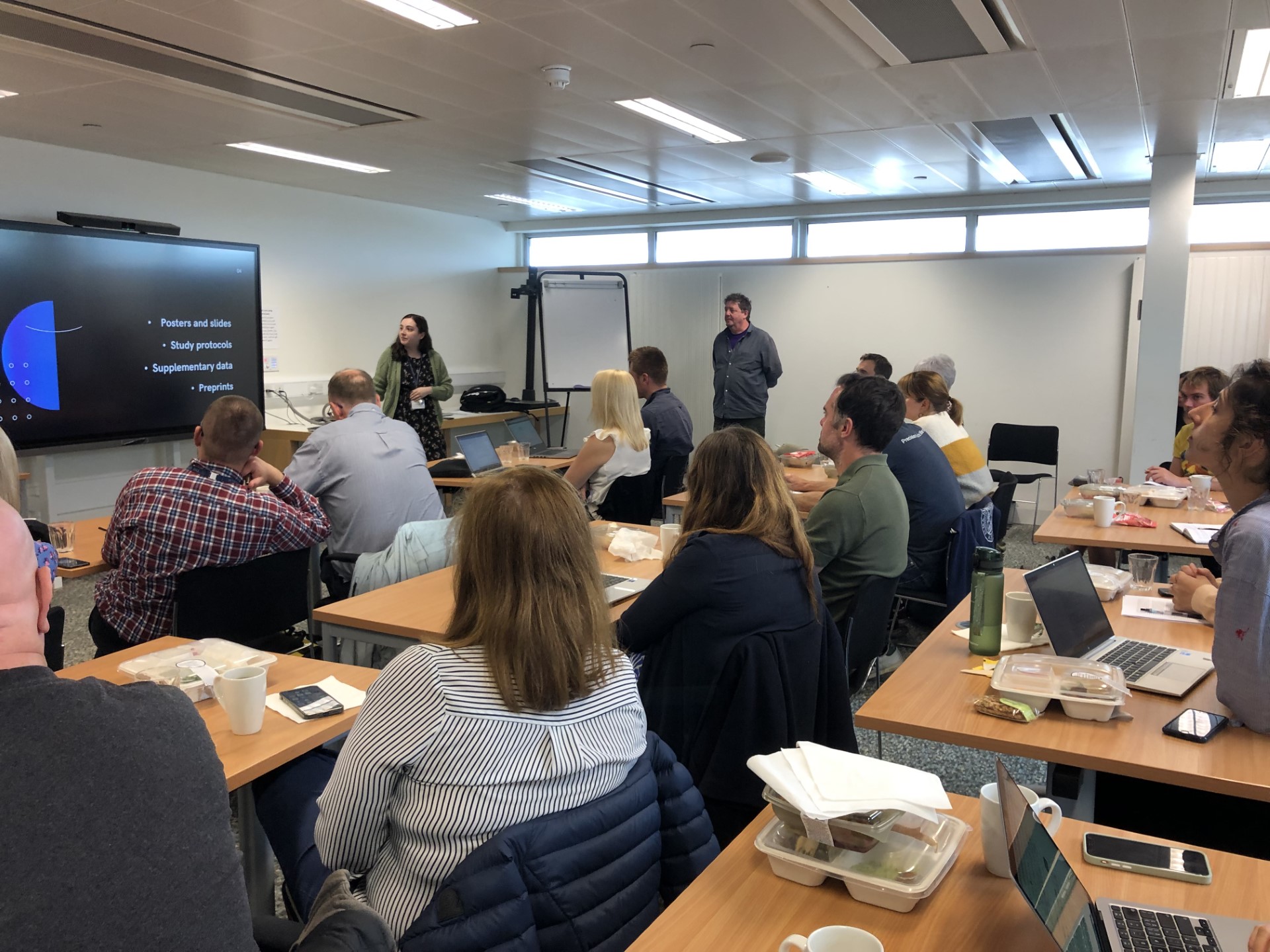
Emma Wilson presenting during the OSF introduction event in August.
The second event wasn’t quite as packed as the first, but it was still nice to see those who managed to make it through the December wind and rain. Once again, Gretchen was there to provide the introduction and overview; and Emma, likewise, returned to talk about her experience as an OSF user. This time, the afternoon was rounded off by Gillian Currie who outlined the OSF training she and Eirini Theofanidou were ready and able to deliver. Before the close of the session Gillian had secured several bookings for her training sessions. Sadly, and despite having organised the event – and the Free Lunch – RDS won’t receive any commission for these bookings.
However, we will soon be in vigorous competition with Gillian and Eirini because we’re preparing to offer OSF Winter and Summer Schools. These sessions will be delivered remotely by COS to an in-person cohort of researchers over two or three days. If all goes to plan, we may even be recording the session recordings for future use. And yes, in case you’re wondering, there will, once again, be a Free lunch for attendees.
To learn more about the University OSF membership go to: https://edin.ac/47aGU0S. Questions about OSF? Email us: data-support@ed.ac.uk.
Dr Simon Smith – Research Data Support Officer
Research Data Support, Library & University Collections

